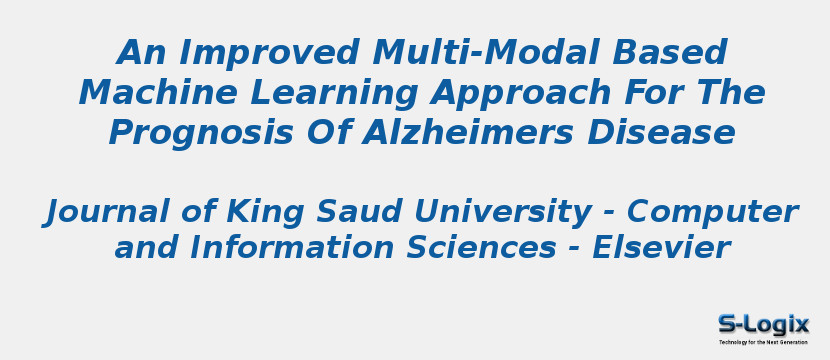Research Area: Machine Learning
Alzheimers disease (AD) is the most common type of neurological disorder that leads to the brains cell death overtime. It is one of the major important causes of memory loss and cognitive decline in elderly subjects around the globe. Early detection and streamlining of diagnostic practices are the prime domains of the interest to the healthcare community. Machine learning (ML) algorithms and numerous multivariate data exploratory tools have been extensively used in the field of AD research. The primary purpose of this study is to present an automated classification system to retrieve information patterns. We proposed a five-stage ML pipeline, where each stage was further categorized in different sub-levels. The study relied on the Open Access Series of Imaging Studies (OASIS) database of MRI (Magnetic Resonance Imaging) brain images for the analysis. The dataset comprised of 343 MRI sessions involving 150 subjects. Three different scores namely, MMSE (Mini-Mental State Examination), CDR (Clinical Dementia Rating), and ASF (Atlas Scaling Factor) were used in the analysis. The proposed ML pipeline constitutes a classifier system along with data transformation and feature selection techniques that have been embedded inside an experimental and data analysis design. Performance metrics for Random Forest (RF) classifier showed the highest output in the classification accuracy.
Keywords:
Author(s) Name: Afreen Khan,Swaleha Zubair
Journal name: Journal of King Saud University - Computer and Information Sciences
Conferrence name:
Publisher name: Elsevier
DOI: 10.1016/j.jksuci.2020.04.004
Volume Information: 23 April 2020
